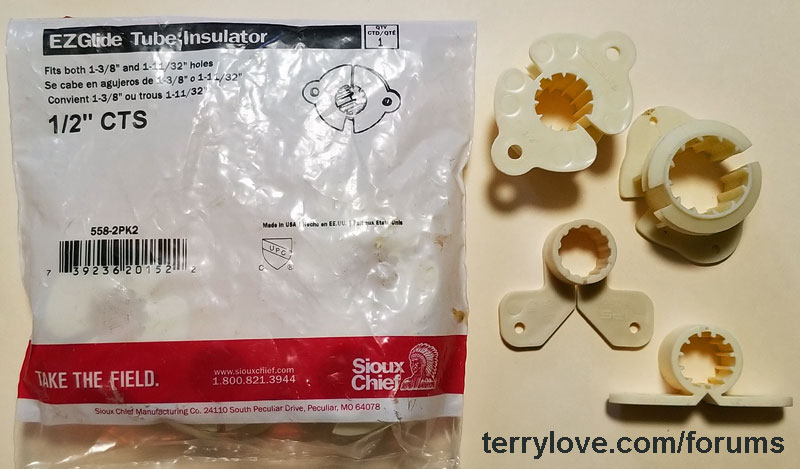sam11i
New Member
Hi,
I had all the plumbing redone in my home three years ago.
Since then there is a lot of noise when fresh water is going through the copper pipes. This has been annoying me to no end but the contractor is not doing anything about (blames it on the copper pipes).
I narrowed it down that noise occurs mainly when either of the two tubs spouts are in use. That means if the shower (same moen valve with a diverter) is on there is very little noise but when filling the tub you can hear the water run through the pipes all over.. Even if the tub is being filled in the basement (right next to the main and hot water tanks) I can hear a racket on the 3rd floor.
The only thing I can think of is that seems like the tub spout if just a piece of moen plastic covering a pipe coming out of the valve .
Any suggestions what I can try?
Thanks!
Sam
I had all the plumbing redone in my home three years ago.
Since then there is a lot of noise when fresh water is going through the copper pipes. This has been annoying me to no end but the contractor is not doing anything about (blames it on the copper pipes).
I narrowed it down that noise occurs mainly when either of the two tubs spouts are in use. That means if the shower (same moen valve with a diverter) is on there is very little noise but when filling the tub you can hear the water run through the pipes all over.. Even if the tub is being filled in the basement (right next to the main and hot water tanks) I can hear a racket on the 3rd floor.
The only thing I can think of is that seems like the tub spout if just a piece of moen plastic covering a pipe coming out of the valve .
Any suggestions what I can try?
Thanks!
Sam

